Energy sector security
{GRI SO5}
In 2013, the goal of ensuring stable supplies of fuel and energy at prices acceptable to the industry and society at large, with the most efficient use of domestic energy resources, was the most important aspect of our efforts towards the energy sector’s security. Accordingly, these efforts focused on the following two areas:
- dynamic development of the upstream segment and active participation of Grupa LOTOS in the law-making processes to support the exploration and production of hydrocarbons;
- contribution to the Polish and EU energy policy - by trying to make the governments, parliaments and the public clearly see that the cost-benefit considerations and social costs should be taken into account when building the energy security.
In 2013, Grupa LOTOS and Central Europe Energy Partners (CEEP) were involved in promoting the energy security policy, in particular the issue of affordable energy and support for the development of indigenous energy resources.
At the 3rd European Economic Congress in Katowice, Grupa LOTOS and CEEP co-hosted ‘The role of energy in a competitive Europe’ discussion panel, held chiefly to highlight the fact that recovery and development of the industry is the key challenge which needs to be addressed in order to restore economic growth and create new jobs. However, this will not be possible if the energy costs keep growing.
A number of politicians and businessmen attended ‘The Internal Energy Market in the EU – A Chance for Central Europe?’ discussion panel organised by CEEP at the 23rd Economic Forum in Krynica. The participants unanimously agreed that a unified internal market would bring up a number of opportunities for Central Europe, in particular in the area of cohesion policy, but also certain challenges, which need to be monitored and taken into account when creating an internal energy market.
Representatives of Grupa LOTOS and CEEP also took part in the Global Security Forum conference in Bratislava, which was a major event organised as part of the Polish presidency of the Visegrád Group, featuring, among other things, a presentation of the ‘What Energy, Price, Growth’ report commissioned by CEEP from Roland Berger Consultants. It was noted that the EU’s unified energy sector policy which does not account for differences in economic development or the sector’s specific nature would be damaging to Central European countries.
One of the key events to inaugurate the Lithuanian presidency of the EU was the ‘29+1’ debate held in Vilnius. The formula for the ‘29+1’ energy summit was already successfully tested in 2012 in Budapest. Representatives of the 29 leading energy sector companies from Central Europe participating in the summit had an opportunity to present their views and discuss certain issues facing the sector with Günther Oettinger, EU Commissioner for Energy. The idea behind the ‘29+1’ meetings is to ensure that Central European energy companies have a say in developing the EU’s joint position and energy security policy.
Grupa LOTOS also took part in the Refining Roundtable organised by the European Commission’s Directorate-General for Energy (DG Energy), placing emphasis on the impact of EU legislation on the refining sector’s competitiveness.
As a CEEP member, in 2013 we were involved (as part of the public consultation process) in preparing the EU’s position on the following issues:
- 2015 International Climate Change Agreement: Shaping international climate policy beyond 2020;
- Exploration and production of unconventional hydrocarbons in Europe;
- Energy prices in Europe.
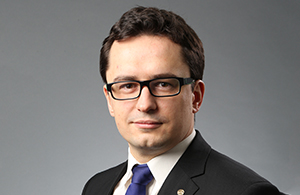


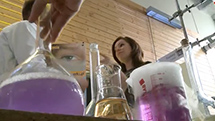
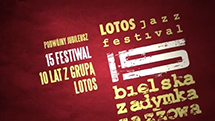
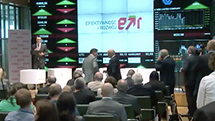




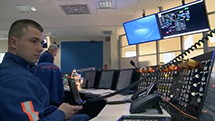

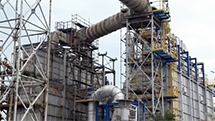
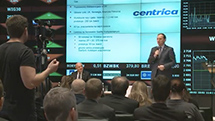
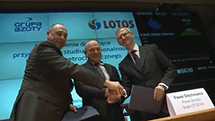
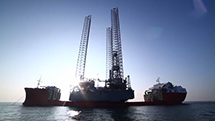
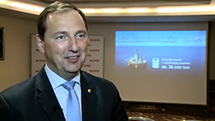
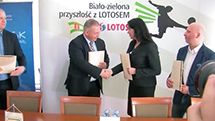
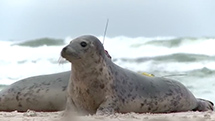
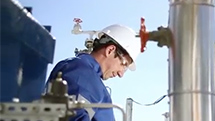
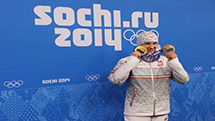
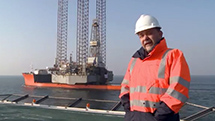
 E-mail
E-mail Facebook
Facebook Google+
Google+ Twitter
Twitter